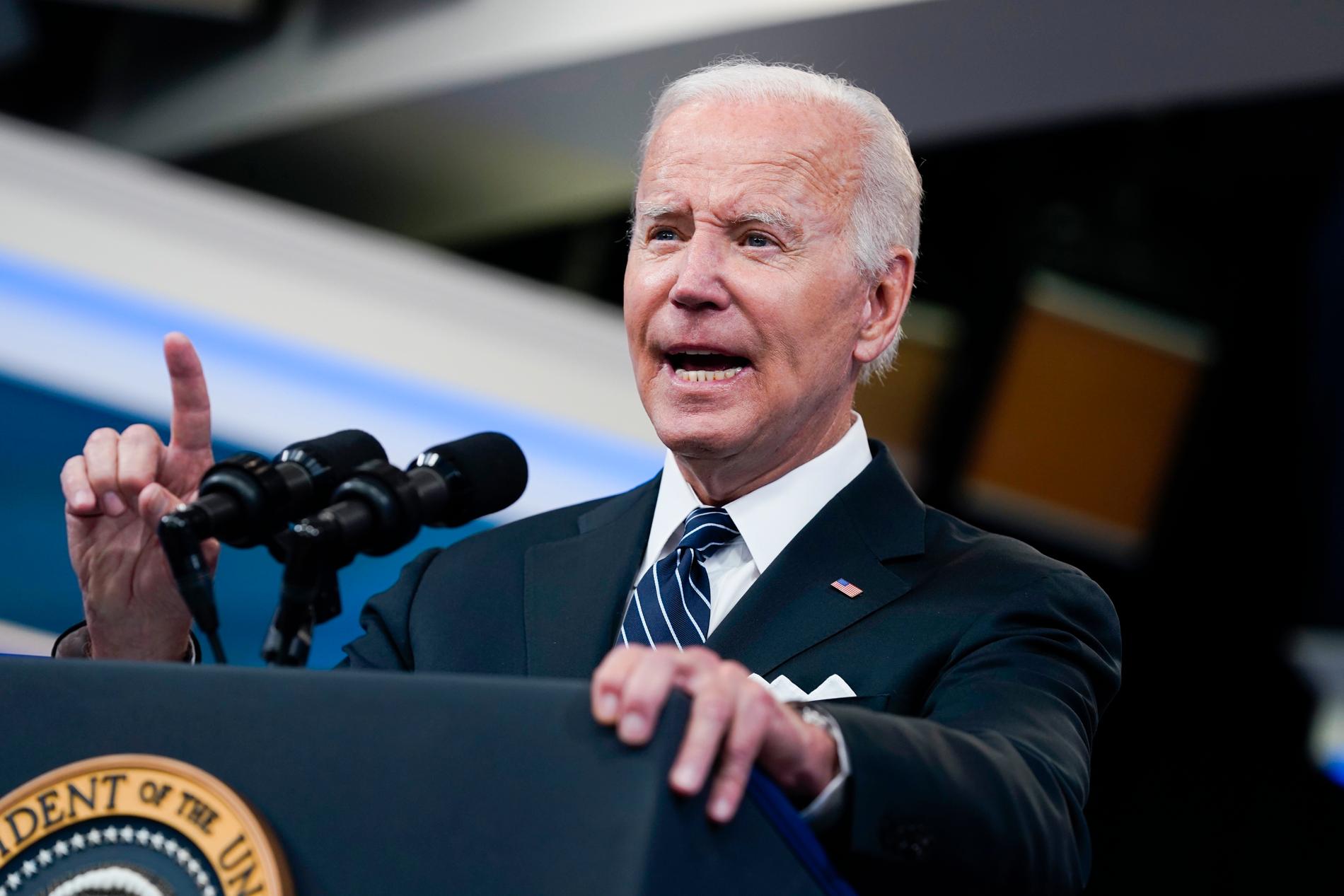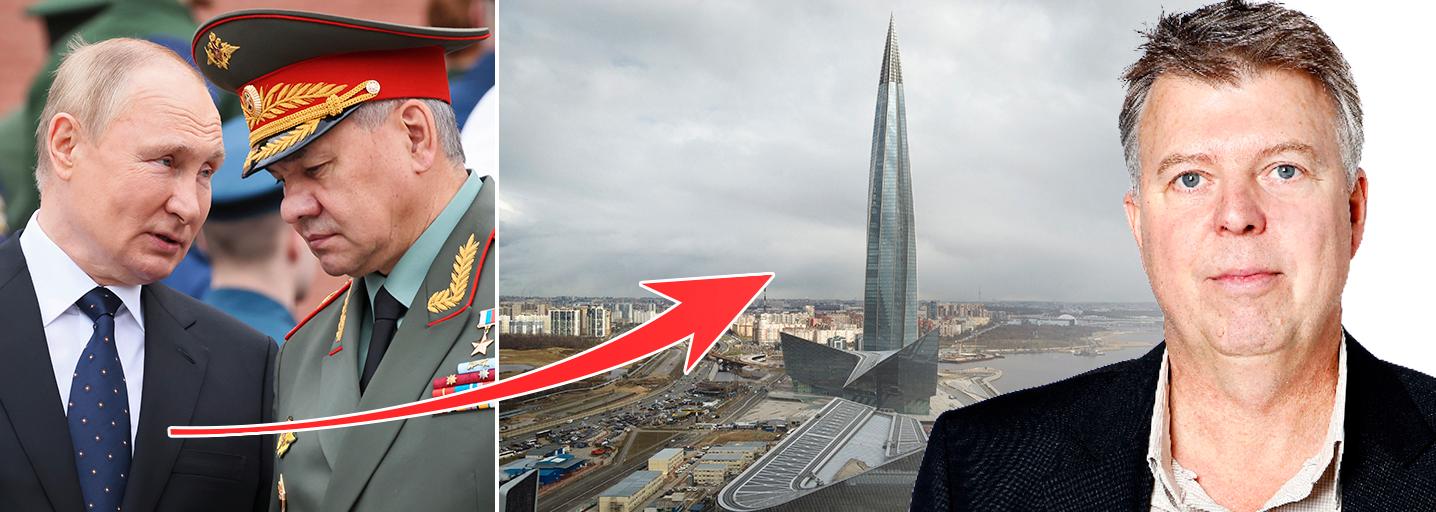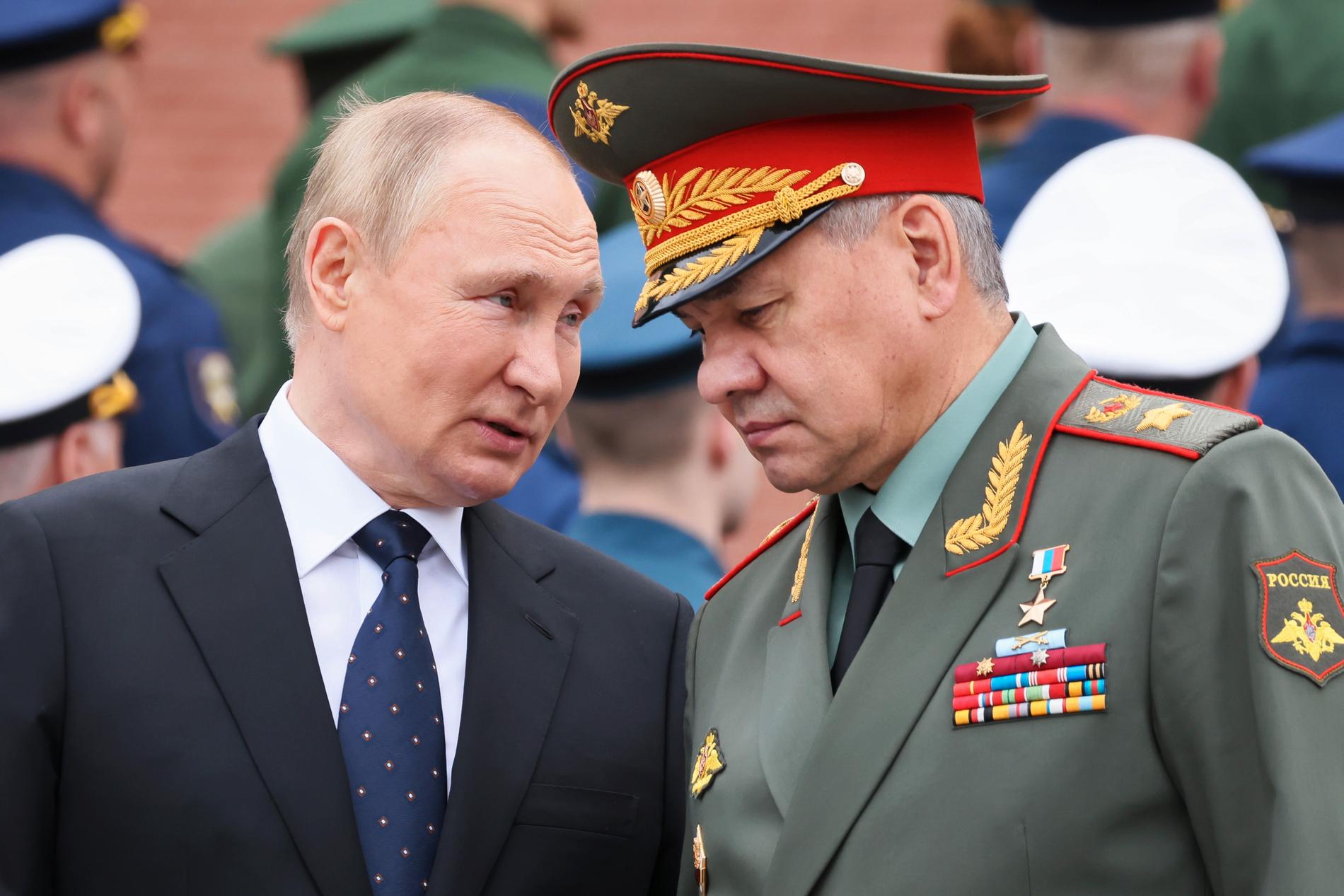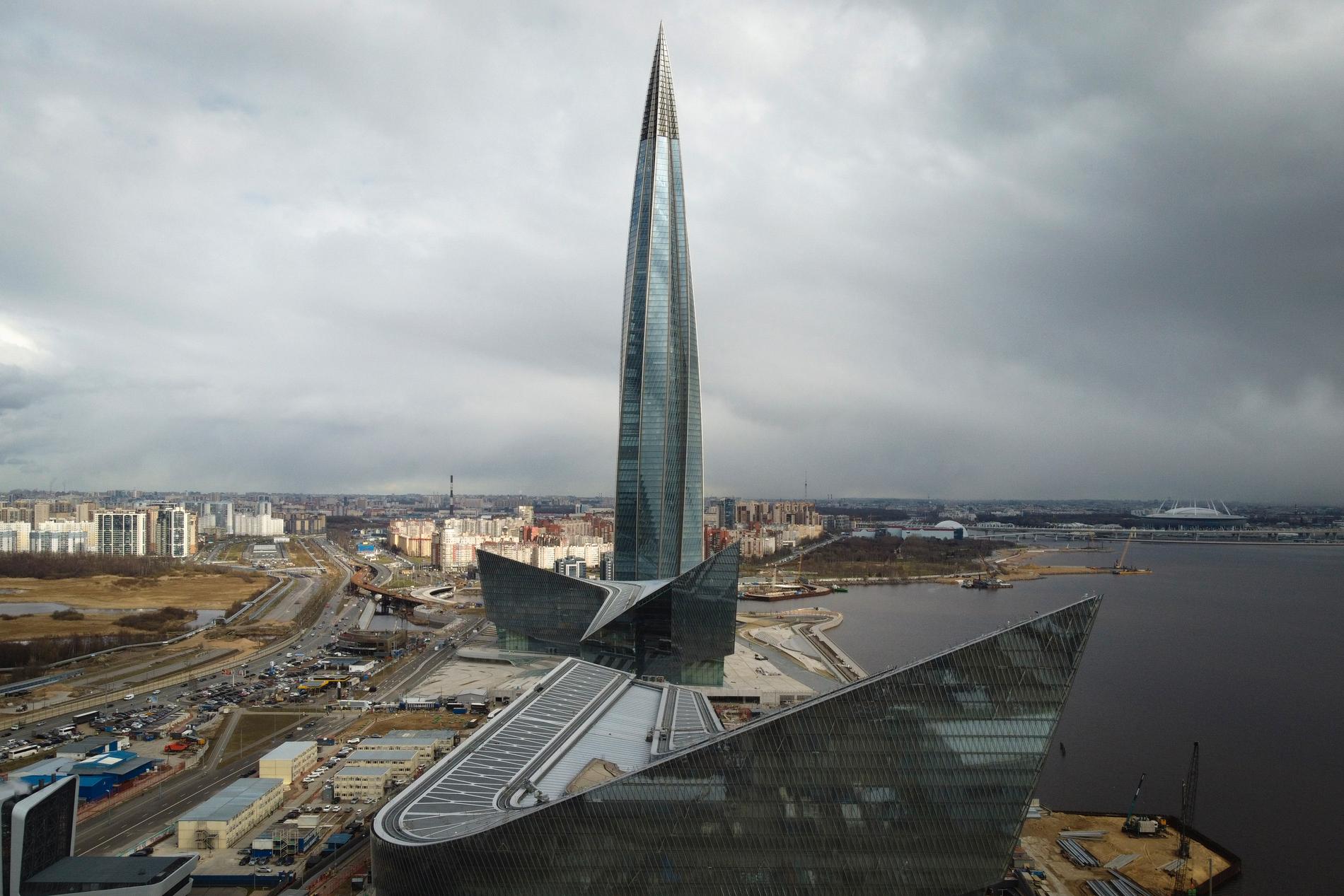Wolfgang Hansson
We must be ready when Putin shuts off the gas
PUBLISHED: TODAY 13.23
This is a commentary text. Analysis and positions are the writer's.
COLUMNISTS
Many are lying and enjoying record heat and looking forward to the upcoming holidays.
But we really should worry about how to get electricity next winter when Putin can wreak havoc in Europe.
This is not a joyous warning from me but from the International Energy Council.
We got an idea of what to expect at the beginning of the week. One day, a kilowatt hour or electricity cost ten öre. Next it was up to almost five kronor.
Neither consumers nor governments can accept the kind of extreme price fluctuations on basic goods on which the whole of social construction rests.
Imagine if food and petrol prices fluctuated in the same way from day to day. Then the revolution would be at the door.
There should be no more important task for the Swedish and other governments than to try to solve the acute energy crisis and regulate the electricity market in a reasonable way before winter comes.
In recent weeks, President Putin has begun to restrict gas to Europe, with the result that prices are rising. This is despite the fact that we are in the middle of the summer where energy consumption normally declines.
The head of the International Energy Council, IEA, warns that Europe must take immediate action to protect itself against a halt to Russian gas this winter. Fatih Barol suspects that the purpose of Russia already restricting gas is to prevent Germany, the Netherlands, Austria, Italy and other European countries that are heavily dependent on Russian gas from being able to replenish their stocks ahead of the winter.
- Russia wants to increase its capacity for pressure during the winter months, says Barol.
In recent weeks, President Putin has begun to restrict gas to Europe, with prices rising.Photo: Mikhail Metzel / AP
Germany has already realized the danger and decided that most of the gas they receive during the summer will go to the warehouses. To meet the immediate energy needs, previously shut down coal-fired power plants are being started up.
Without well-stocked warehouses, an energy chaos awaits that will make the past winter look like a summer picnic in the park.
Does not solve the crisis
At this point, everyone is aware of the problems but it is difficult to find solutions.
Europe can import liquefied natural gas, LNG. Contracts have been signed with, among others, the USA and Qatar. But it is difficult to get hold of the huge volumes that are needed. That is why Europe continues to import Russian gas, despite the fact that everyone is aware that the income is financing Russia's war of aggression in Ukraine.
Many put their hopes in the expansion of fossil-free solar and wind power. In the long run, it helps to resolve the crisis, but not urgently. The large offshore wind farms that the Swedish government, among others, hopes for will take several years to build.
There is a lot of talk about speeding up permit processes and reducing municipalities' opportunities to veto wind and solar power parks. But even there it is about energy that is ready to use only in several years and which is also strongly weather dependent.
Russian gas giant Gazprom's headquarters in St. Petersburg Photo: Dmitri Lovetsky / AP
What Europe and the rest of the world need is more planable fossil-free energy.
The countries that have nuclear power can try to extend the life of their nuclear power plants. But new nuclear power is not an urgent solution either. Building new nuclear power is a process that takes at least 5-10 years. Not even the new small nuclear power plants can be blown up and started up with a short starting distance.
Saving and energy efficiency is a way to reduce consumption. But how many accept 18 degrees indoors? In the worst case, it could be a matter of rationing.
Swallows bitter pills
Price adjustments are another possibility. Some countries have already introduced ceilings for what electricity may cost. But it is difficult to target price demands directly at producers. Then maybe they stop delivering.
The bitter truth is that there are no good solutions to the energy loss if Putin turns off the gas tap. But responsible politicians and experts should already put the issue at the top of the agenda.
Otherwise, there is a risk that international sanctions against Russia will soon prove to be more severe against ourselves than against the Kremlin.

US President Joe Biden is ready to swallow a bitter pill to try to bring down US gas prices. Next month, he will travel to Saudi Arabia to meet the country's strongman Crown Prince Muhammad bin Salman. A man suspected of ordering the murder of Saudi-critical Saudi journalist Jamal Khashoggi, whose body was mutilated at the Saudi consulate in Istanbul.
In the election campaign, Biden promised to ensure that bin Salman remained an international pariah. Now circumstances force him to crawl to the cross.
Biden has repeatedly called on Saudi Arabia and Opec to increase oil production in order to lower the world market price. Something bin Salman refused to do.
But a personal visit by Biden combined with American arms deliveries may make him rethink and thus lower the world market price of oil significantly. Something that would reduce Russia's income from its oil exports.
In attempts to loosen Putin's grip on the energy weapon, all means are permissible.



Inga kommentarer:
Skicka en kommentar